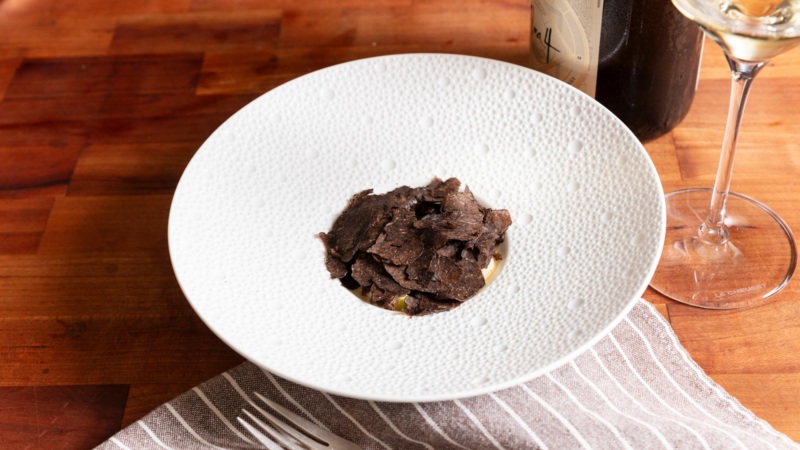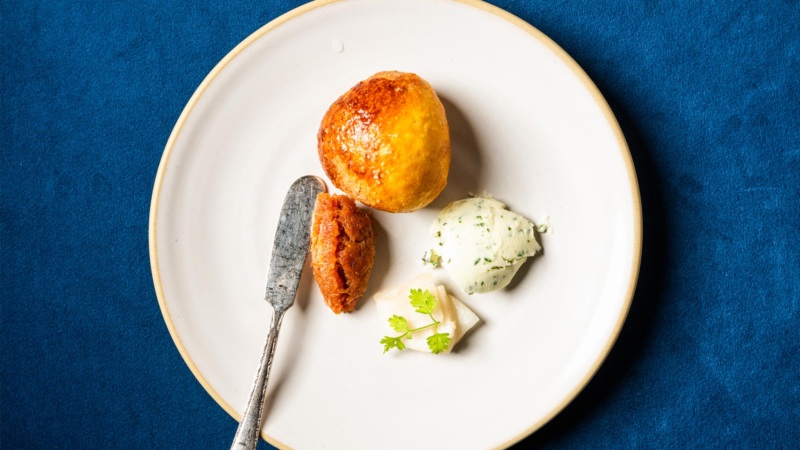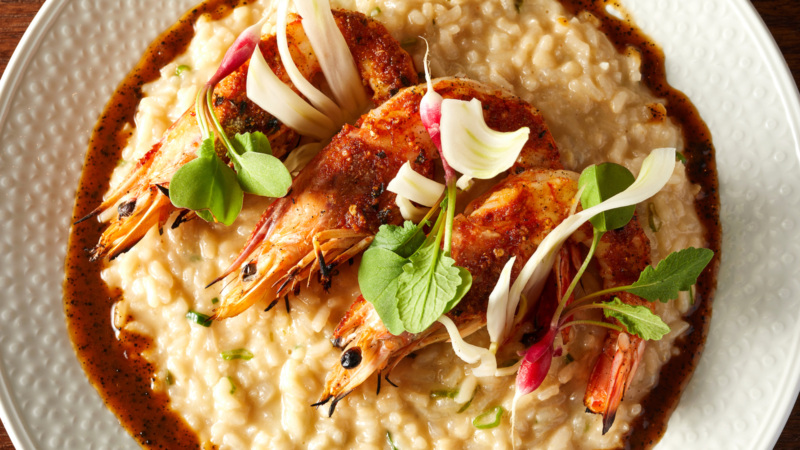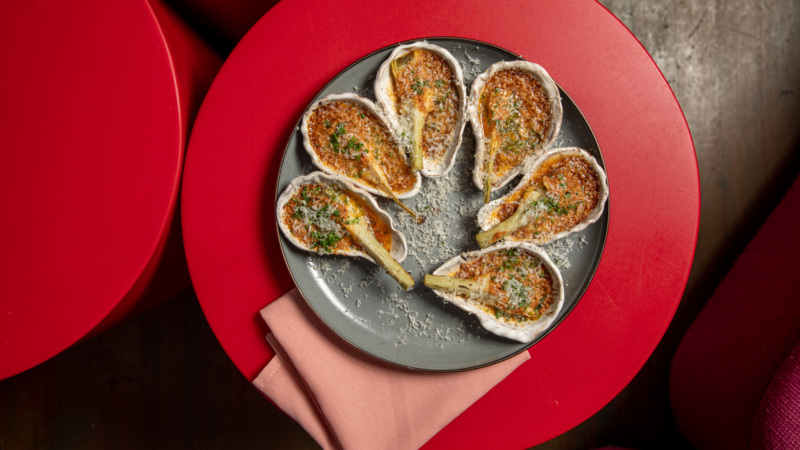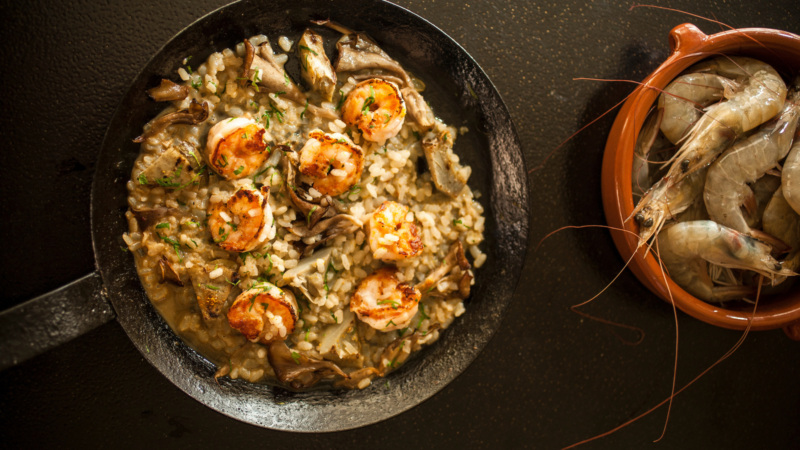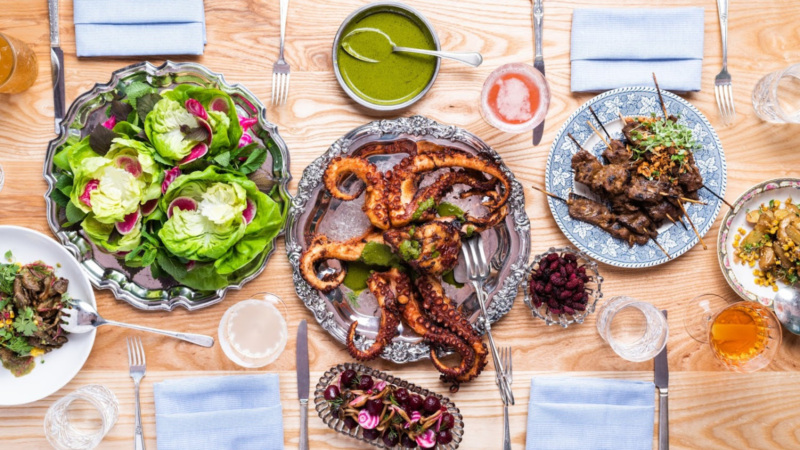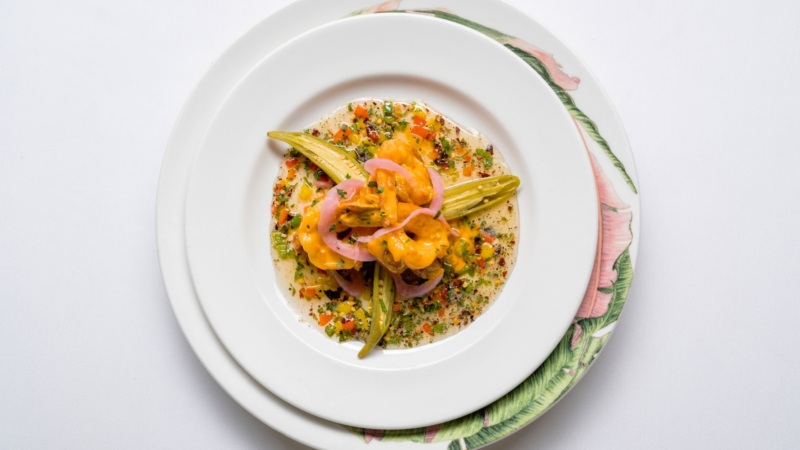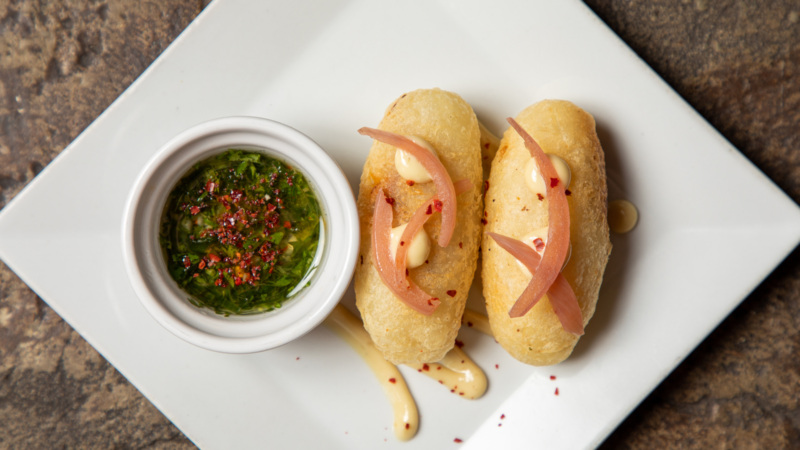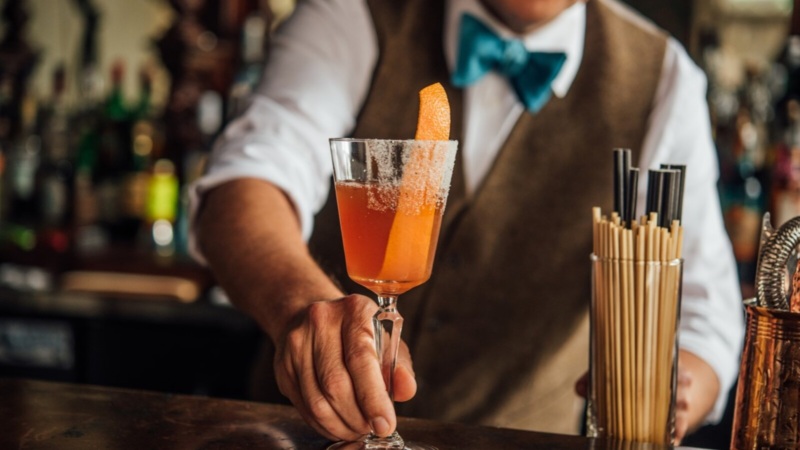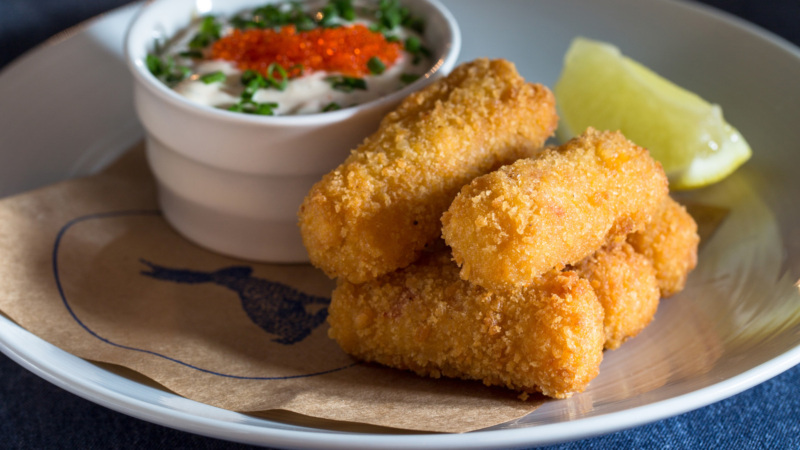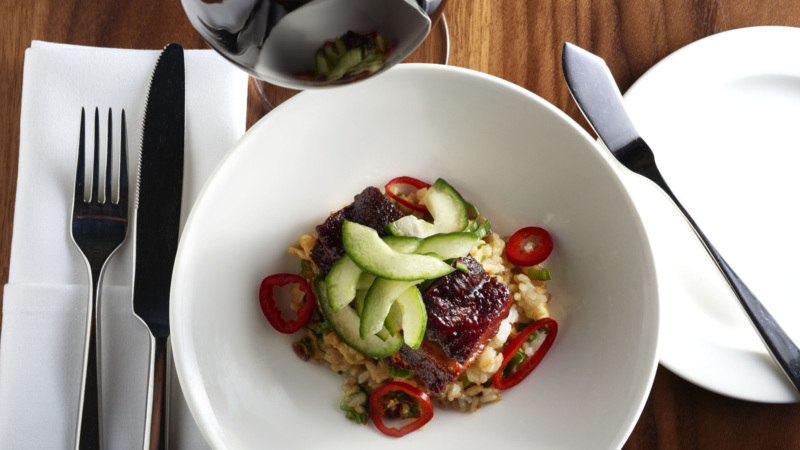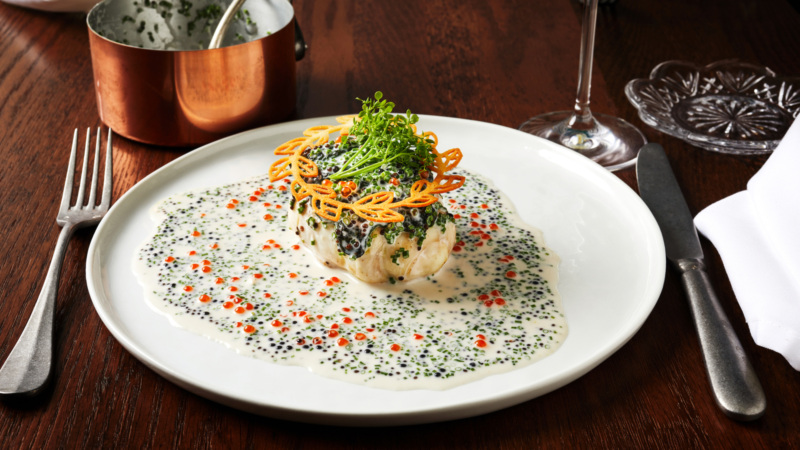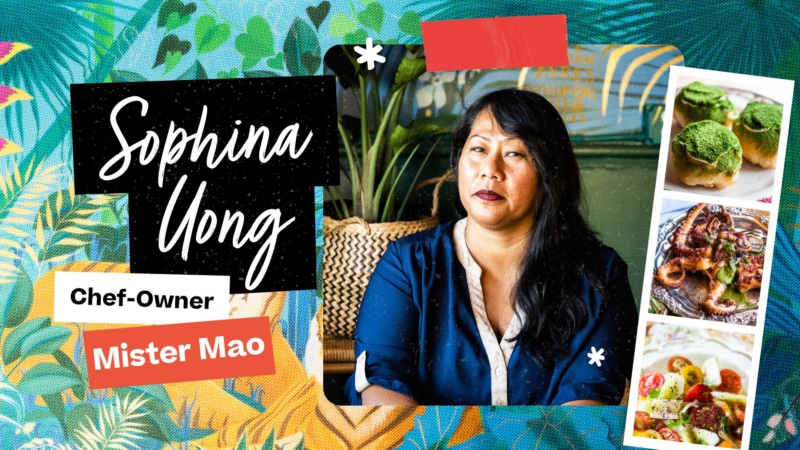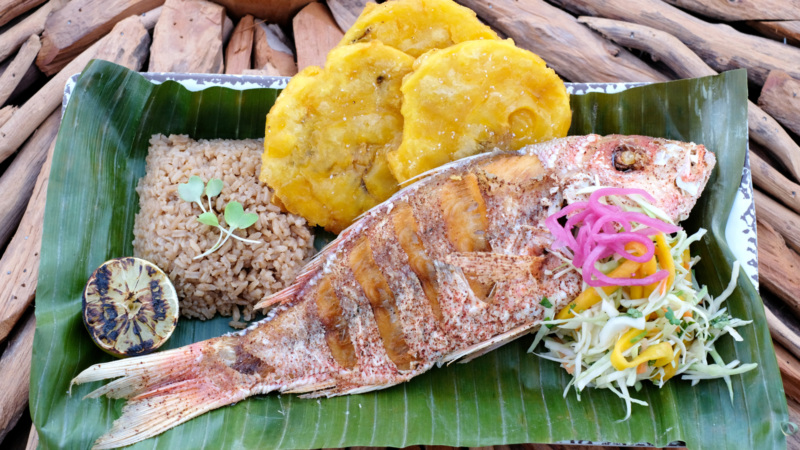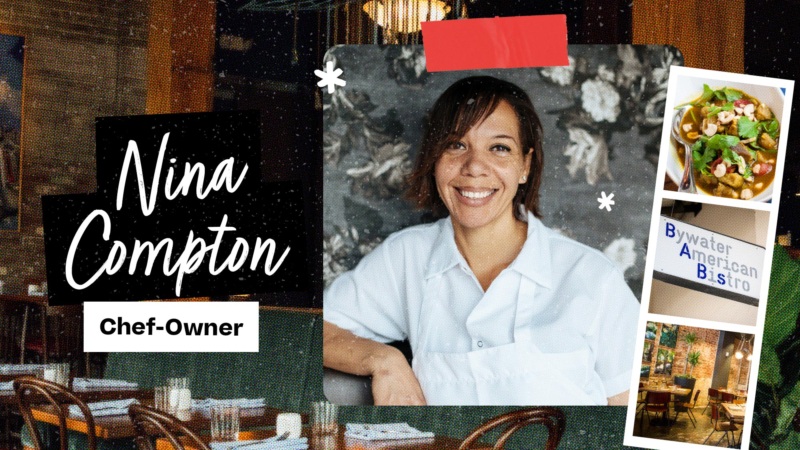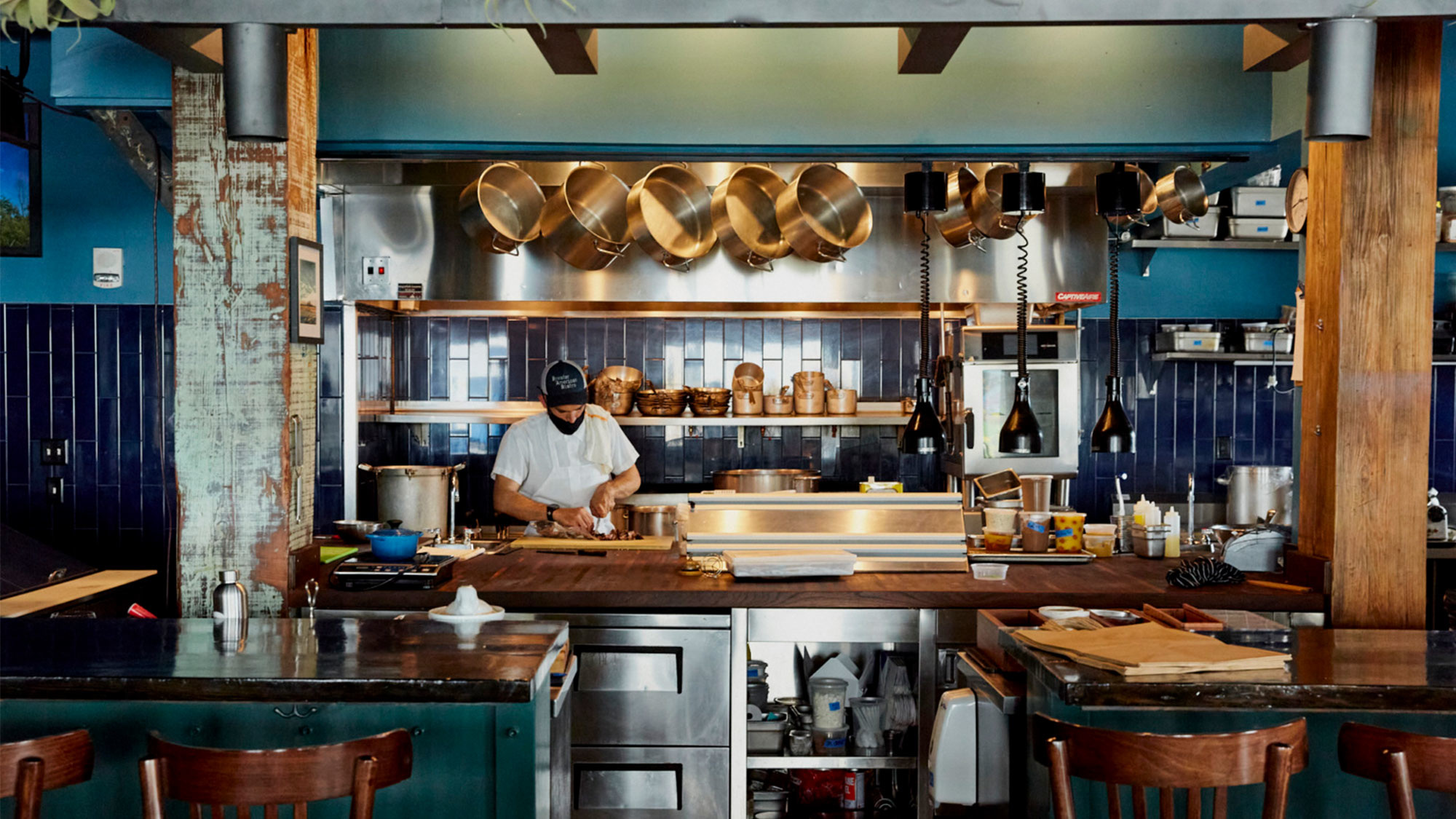
‘As Beautiful As It Ever Was’: Chef Nina Compton Says It’s Time To Return to New Orleans
When Hurricane Ida hit New Orleans, chances are you likely saw photos of an empty French Quarter. Or footage of a lone anchorman, caught in the downpour on an eerily silent Bourbon Street. But according to Nina Compton, the acclaimed chef and co-owner of New Orleans’ Compère Lapin and Bywater American Bistro, the Crescent City is bouncing back fast. In fact, restaurants and bars can’t wait to welcome visitors.
Bonus: By visiting New Orleans’ restaurants and bars this season, you’re helping some of the folks who were hit hardest by the storm. Like the fishermen communities who reside in the south, deep in the Bayou, and provide unparalleled Gulf produce to the city’s finest restaurants.
Resy spoke with Compton and her husband and co-owner, Larry Miller, about what’s happening in New Orleans, and how to help and support the city right now.
Note: This interview has been lightly edited for length and clarity.
Resy: Can you tell me what the state of your restaurants is like right now?
Miller: Right now, we’re open, and everything is great … except we don’t have a lot of business. I don’t know if that’s from people seeing the national news that said New Orleans got hammered by the hurricane. The hardest-hit areas are further down to the south; they’re the ones that are still in need of aid. But we have all of our power back up and running. New Orleans is open and ready to go.
What about the state of the local industry? How are restaurateurs feeling?
Miller: It’s New Orleans, so we have a fairly positive attitude about everything. But it’s tough, you know. It’s our third time shutting down the restaurants and having to reopen them from scratch in the last 18 months, between COVID-19 and Hurricane Ida. It’s one of those things where you shrug your shoulders and say, “We’ll get there.” There’s still a lot of spirit in the town.
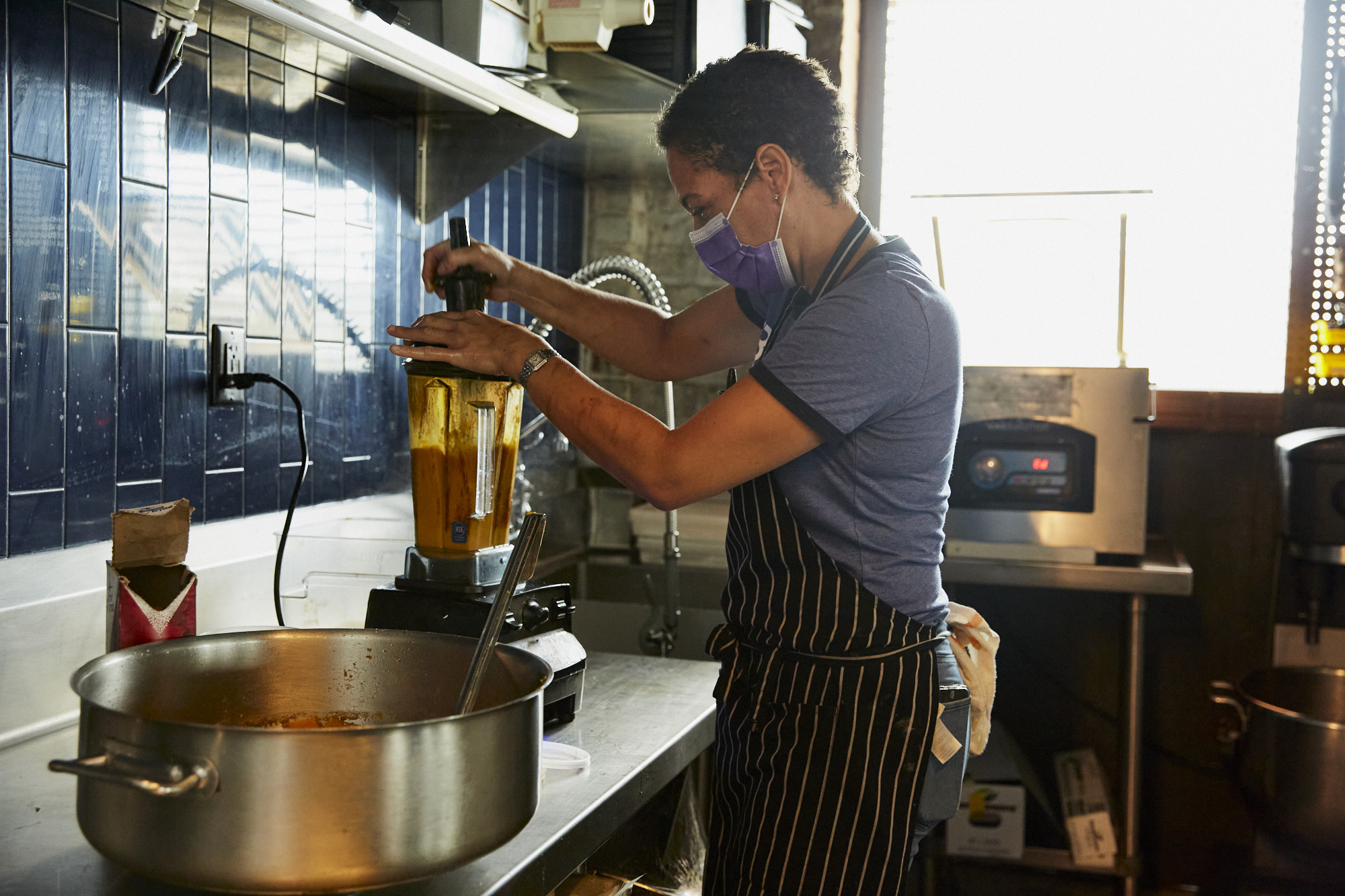
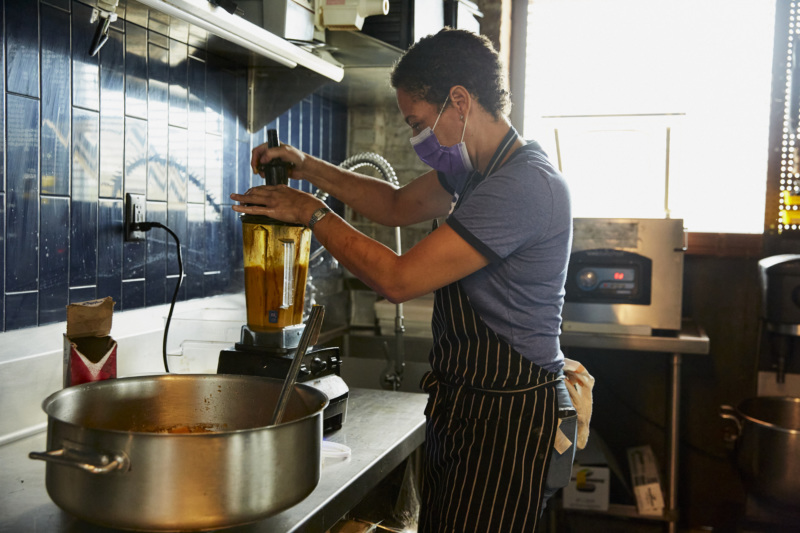
You’ve been advocating for and highlighting how Hurricane Ida impacted your suppliers and the whole restaurant supply chain at large. Can you talk more about that?
Compton: Back in March 2020, we were gearing up for a very busy year. The farmers were planting a lot of stuff, because springtime is very busy for us. But once we shut down [because of the pandemic], a lot of farmers had a surplus of food they couldn’t sell. And once restaurants opened back up, the farmers couldn’t get their groove, because with Covid, nobody knew what was happening. There was a lot of back and forth, and the farmers were unable to find a sweet spot in terms of producing. Prices also went up in the past 18 months because of supply and demand.
Once things stabilized and were coming back on track, the hurricane hit. And now, there’s nothing. The shelves are bare because supermarkets lost some of their inventory. You can’t get okra, habañeros, or even simple things like avocados. There’s a mad scramble to try to get stuff, and that’s just on the supermarket level.
But when you talk about the fishermen and oyster farmers, the damage to their docks, and the things that got destroyed, that’s not being mentioned in the media. And that’s what I’m trying to really stress. New Orleans is known for the bounty of the Gulf, for its oysters and crabs. I mean, just imagine coming to New Orleans and not being able to get char-broiled oysters because we can’t get local oysters.
Have you and other restaurateurs mobilized to try and offer them help in any way?
Compton: Yes, [thanks to] Melissa Martin from Mosquito Supper Club. Her family is from South Louisiana, which is a big oyster and fisherman area, and that area was basically flattened. Houses were completely blown away. It wasn’t mentioned much in the news — there was no one in those towns to show the havoc that took place.
So, Melissa became very vocal about that and was able to shine a light on those areas in need. It kind of energized everybody to focus on that, including myself, to really make the effort and try to save these people and help them get back on track. Because the faster they get back on track, the faster the restaurants get on track. Right now, all of our stuff for the restaurant is being trucked in from all over the country. As chefs, we pride ourselves on using local produce and local seafood, and we can’t do that at this moment.
How can people on the ground, and outside of New Orleans, help those who were impacted?
Compton: I really want people to understand that New Orleans is open for business. It’s not flattened, shuttered, or damaged. We’re ready to serve. Restaurants are open. Bars are open. I also want people to know that the outskirts of the city really need help. And if they can, I would ask people to donate to the people in the Bayou — that would be really beneficial. There’s the Bayou Fund, there’s also Feed the Second Line, and Market Umbrella, a nonprofit that helps the Crescent City Farmers Market, which provides a lot of local produce to restaurants. It’s kind of like the Santa Monica Farmers Market in Los Angeles, but in Louisiana.
Is there anything else you’d like to share?
Compton: The thing we’re really trying to express is that New Orleans is still as beautiful as it ever was. People are still fun and festive, and we still enjoy life to the fullest, and we want to share that with people who are not from the city. We want them to come on down.
American Express and Resy are supporting Feed the Second Line and Nina and Larry’s efforts to help build back the city of New Orleans and the surrounding region.
Find out how you can support by visiting the Bayou Fund, Feed the Second Line, and Market Umbrella.

